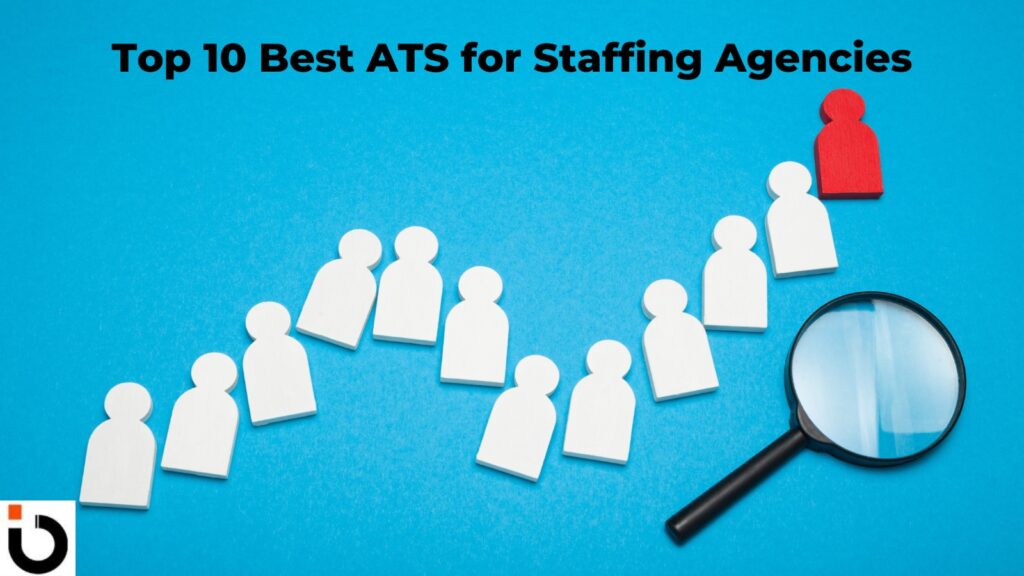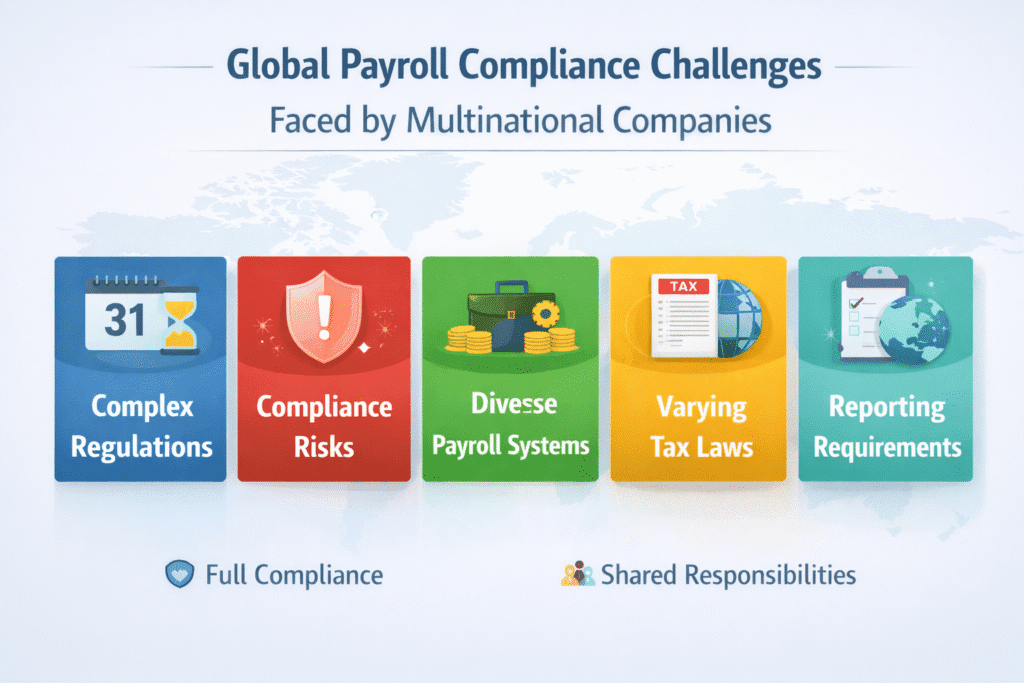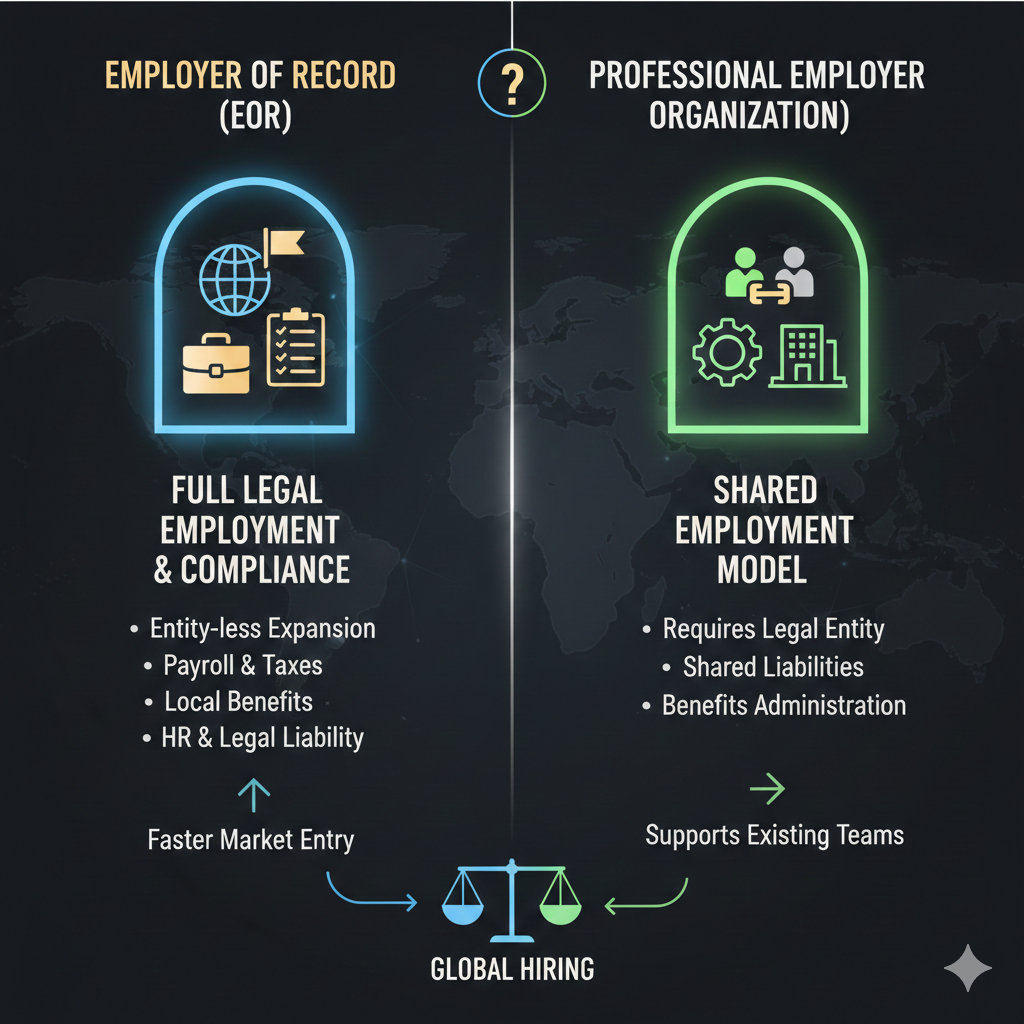Understanding the various types of leaves and holidays is essential for maintaining workplace efficiency and employee well-being. Organizations typically categorize time off into structured formats—such as casual, sick, annual, and public holidays—to address diverse personal and professional needs. Casual leave, in particular, serves as a flexible option for employees to manage short-term, unforeseen circumstances, such as family emergencies, personal obligations, or urgent errands, ensuring minimal disruption to workflows while prioritizing individual requirements.
Table of Contents
ToggleTypes of Leaves
There are several types of leaves that employees may be entitled to, and these can vary based on company policies, employment contracts, and applicable labor laws. Here are some common types of leaves:
1. Casual Leave (CL):

What is Casual Leave?
Casual leave is a type of leave taken for short-term and unforeseen situations that require an employee to be absent from work. It is usually a limited number of days and may or may not be paid.
What are the Reasons for Casual Leaves?
The reasons for taking casual leave may vary depending on company policies and the specific circumstances. List of reasons for taking casual leave include:
1. Personal Illness:
When an employee is unwell and needs a short break to recover.
2. Family Emergencies:
In the event of unexpected family issues or emergencies, such as the illness of a family member or an unforeseen situation requiring the employee’s presence.
3. Appointments:
To attend medical appointments, dental check-ups, or other personal appointments that cannot be scheduled outside of working hours.
4. Religious or Cultural Observances:
For religious or cultural events, ceremonies, or rituals that the employee needs to participate in.
5. Domestic Responsibilities:
To address immediate domestic responsibilities, such as unexpected home repairs, family matters, or childcare needs.
6. Personal Commitments:
Sometimes you have to take casual leave for personal reasons. For attending special personal events or occasions, such as weddings, engagements, or significant family celebrations.
7. Mental Health Days:
To take a break and prioritize mental well-being, especially in cases of stress or burnout.
8. Unexpected Events:
For unforeseen circumstances like a car breakdown, weather-related issues, or any other unexpected events that temporarily impede the employee’s ability to attend work.
It’s important to note that the specific reasons for casual leave may vary between organizations, and some companies may have their own policies and criteria for approving casual leave. Additionally, employees are generally expected to communicate their need for casual leave to their supervisors or HR department in advance, whenever possible, and to follow any established procedures for requesting and documenting such leave.
2. Sick Leave (SL):
Granted for health-related reasons. The number of sick leave days may vary and can be either partially or fully paid.
3. Earned or Privilege Leave or Paid Leave(EL or PL):
Also known as paid leave, earned leave is accrued based on the number of days worked. It is often used for planned vacations or personal reasons.
4. Maternity Leave:
Maternity leave is provided to female employees for a certain duration before and after childbirth. The duration varies and is often governed by statutory laws.
5. Paternity Leave:
Paternity leave means a leave taken by a father of a new born baby. Paternity leave is granted to male employees to take time off during the birth of their child. The duration may vary and is subject to company policies.
6. Special Leave(SL):
SL leave meaning special leave. It is given for specific reasons such as marriage, bereavement, or attending to personal matters. The duration and conditions vary.
7. Compensatory Off:
What is Comp off Full Form?
Comp Off Full form is Compensatory Off.
What is Comp Off leave Meaning?
Comp Off means Compensatory Off. Compensatory Off is granted in exchange for working on holidays or beyond regular working hours. The conditions for compensatory off depend on company policies.

8. Leave Without Pay (LWP):
An unpaid leave option for employees who need extended time off for personal reasons and exhaust their paid leave balances.
Suggested Read: LWP Full Form
9. Half-Day Leave:
Allows employees to take leave for half of a working day. The conditions for half-day leave may vary.
Employees need to be aware of their entitlements and adhere to company policies and relevant labor laws. Employers may have specific policies regarding the accrual and utilization of different types of leaves, and these should be communicated to the employees.
Additionally, statutory laws, such as the Shops and Establishments Act or the Factories Act, may also govern leave policies in different states in India.
25 Valid Personal Leave Reasons List
From common to quirky, here’s a list of legitimate reasons to request personal leave:
1. Mental Health Day
Burnout, stress, or emotional exhaustion. Many companies now recognize mental health as a valid reason for time off.
Pro Tip: Frame it as a “wellness day” if your workplace culture is still warming up to mental health discussions.
2. Family Obligations
Caring for a sick relative (beyond immediate family).
Attending a sibling’s graduation or cousin’s wedding.
3. Pet Emergencies
A growing number of companies offer “paw-ternity leave” for pet surgeries, adoption, or grieving a pet’s loss.
4. Home Emergencies
Burst pipes, mold remediation, or post-disaster repairs.
Moving homes or handling urgent repairs.
5. Jury Duty or Civic Responsibilities
Required by law in many regions, but always double-check your company’s policy.
6. Personal Development
Attending a workshop, certification course, or career-related conference.
Volunteering for a cause aligned with company values (e.g., sustainability projects).
7. Adult “Mental Health” Staycation
Yes, this is legal! Taking a day to recharge without travel plans is valid.
8. Legal Appointments
Court appearances (e.g., divorce proceedings, custody battles).
Immigration-related meetings.
9. Financial or Administrative Tasks
Meeting with a financial advisor.
Resolving identity theft or banking crises.
10. Religious Observances
For holidays or rituals not covered under standard company holidays.
11. Fertility Treatments
More companies are recognizing IVF, egg-freezing, or other fertility-related appointments as valid leave reasons.
12. Grieving a Non-Family Member
The loss of a close friend, mentor, or even a public figure who impacted you deeply.
13. School-Related Needs
Parent-teacher conferences.
Supporting a child during exams or school transitions.
14. Long-Distance Caregiving
Traveling to assist aging parents or relatives in another city/country.
15. Unexpected Childcare Gaps
Sudden daycare closure.
Nanny calling in sick.
16. Medical Appointments for Chronic Conditions
Regular therapy sessions, physical therapy, or specialist consultations.
17. Sabbatical for Creative Projects
Some companies allow unpaid leave for writing a book, launching a passion project, or artistic pursuits.
18. Gender-Affirming Care
Medical appointments or recovery time related to transitioning.
19. Renovation Oversight
If construction at home requires your presence (e.g., contractor meetings).
20. Vehicle Emergencies
Car accidents.
Sudden breakdowns affecting commute.
21. Community Crises
Supporting neighbors during a local disaster.
Organizing community aid (if aligned with company values).
22. Technology Detox
A digital detox day to reset from screen fatigue (yes, some progressive workplaces allow this!).
23. Marriage Counseling
Addressing relationship challenges that impact work focus.
24. Unexpected Travel
Last-minute trips to resolve family disputes.
Visiting a loved one in hospice.
25. “Me” Day
A catch-all for personal needs that don’t fit other categories—because sometimes, you just need a day!
Pro Tips for Requesting Personal Leave
Check Company Policy: Ensure your reason aligns with HR guidelines.
Be Honest but Brief: Share enough context without oversharing (e.g., “I need to handle a family matter”).
Offer Solutions: Propose how you’ll manage workloads or delegate tasks.
Submit Requests Early: Give managers time to plan around your absence.
Legal Considerations
FMLA (U.S.): Covers unpaid leave for specific family/medical reasons (12 weeks/year).
ADA Accommodations: Chronic health conditions may qualify for extended leave.
Local Laws: Research regional labor laws (e.g., “stress leave” in Canada).
Types of Holidays
In India, various types of holidays are observed, which can be categorized into different groups based on their nature and significance. The types of holidays in India include:
1. Public Holidays:
These are holidays recognized by the government and are observed nationwide. Examples include Republic Day (January 26), Independence Day (August 15), and Gandhi Jayanti (October 2).
2. National Holidays:
Similar to public holidays, national holidays are of national significance and are observed across the country. Republic Day and Independence Day fall into this category.
3. Regional Holidays:
Some holidays are specific to certain states or regions. For example, Bihu in Assam, Pongal in Tamil Nadu, and Onam in Kerala are regional holidays.
4. Festival Holidays:
These are holidays associated with religious or cultural festivals. Examples include Diwali, Eid, Christmas, Holi, and Navratri. Suggested Read: Leave Application for Religious Festival
5. Restricted Holidays:
What is restricted holiday?
A restricted holiday, often referred to as a “compulsory holiday” or “mandatory holiday,” is a day off from work that is officially recognized by an organization or government.

6. Bank Holidays:
Holidays observed by banks, during which banks and financial institutions are closed. Bank holidays can coincide with public holidays or have additional dates.
7. Gazetted Holidays:
These are holidays that are officially announced by the government through a gazette notification. Many public and national holidays fall under this category.

8. Half-Day Holidays:
Some occasions, like the day before a major festival or a special event, may be declared as half-day holidays.
9. Casual Holidays:
Some organizations may grant casual holidays or discretionary holidays for specific reasons not covered by regular holiday categories.
It’s important to note that the specific holidays observed can vary from state to state and may be influenced by regional customs and traditions. Additionally, organizations may have their own policies regarding holidays, and employees should be aware of their entitlements as per company rules and regulations.
Frequently Asked Questions about Leave and Holidays
What is RH Holiday Full Form?
RH holidays full form is restricted holidays. Restricted holidays are typically mandated for everyone. These holidays are commonly designated for events of national or cultural significance, and employees are expected to take the day off unless their job requires them to work during that time.
Are Casual Leaves Paid?
Whether casual leaves are paid or unpaid depends on the policies of the specific employer and the applicable labor laws in a given region. Casual leaves are typically short-duration leaves that employees can take for personal reasons or unforeseen circumstances. Here are the common scenarios:
Paid Casual Leaves:
- Some employers offer paid casual leaves as part of their employee benefits. In this case, employees receive their regular salary or wages for the duration of the casual leave.
- The payment during casual leave might be the full salary or a portion of it, depending on the employer’s policies.
Unpaid Casual Leaves:
- In other cases, casual leaves may be unpaid. This means that employees taking casual leaves won’t receive their regular salary or wages for the duration of the leave.
- Unpaid casual leaves are often used when employees have exhausted their paid leave balances or when the nature of the leave doesn’t qualify for paid time off.
What is Full Form of PL Leave?
Most of the time, PL leave full form is Paid Leave but sometimes it is used for Paternity leave too.
Comp Off Leave Email | Application
Sample of Comp Off Leave Application:
Subject: Compensatory Leave(Comp Off Leave)Application
Dear [Recipient’s Name],
I hope this letter finds you well. I am writing to formally request compensatory leave for the extra hours I worked on [specific date(s)].
[Provide a brief explanation of the circumstances that led to the extra work hours, such as a tight project deadline, unexpected workload, or any other relevant details.]
I have accumulated a total of [number] extra hours, and I would like to request compensatory leave to balance the additional time worked. My proposed dates for taking the compensatory leave are [start date] to [end date].
I understand the importance of maintaining productivity and meeting project deadlines, and I am committed to ensuring that my compensatory leave does not adversely affect the team or project timelines. I assure you that all pending tasks will be completed before my departure, and I will coordinate with my team to ensure a smooth workflow during my absence.
Thank you for considering my request. I appreciate your understanding and am open to discussing this further if needed.
I look forward to your positive response.
Sincerely,
[Your Full Name]
How to write Leave Application for Religious Festival?
Dear [Recipient’s Name],
I hope this letter finds you well. I am writing to request leave from work in observance of [Name of the Religious Festival] on [Date(s)].
As you are aware, [Name of the Religious Festival] holds significant religious and cultural importance for me and my family. During this time, it is customary for me to participate in various religious ceremonies and spend time with my family to celebrate the festival.
In light of this, I am kindly requesting leave for the period starting from [Start Date] to [End Date]. I have ensured that my ongoing tasks and responsibilities are up to date, and I have briefed [colleague’s name or team] regarding any outstanding matters during my absence.
I appreciate your understanding and consideration of my request. I am committed to making this period as minimally disruptive as possible and will ensure a seamless return to work on [Return Date].
Thank you for your attention to this matter, and I look forward to your positive response.
Sincerely,
[Your Full Name]
What is Full Form of CL Leave?
CL leave full form is Casual Leave.
What is Full Form of SL Leave?
What are Casual Leave Rules ?
The rules regarding casual leave can vary from one organization to another and may also be influenced by local labor laws. It’s essential for employees to familiarize themselves with their organization’s specific casual leave policies, which are typically outlined in the employee handbook or policy manual. Additionally, local labor laws may impose certain regulations on casual leave, and employees should be aware of these legal requirements. If there are any questions or uncertainties, employees are encouraged to consult with their human resources department for clarification.
Casual Leave vs Privilege Leave
It’s worth noting that terminology and policies related to leave can vary between organizations and regions. The terms “Casual Leave” and “Privilege Leave” might be used differently in different contexts, and some organizations might not use these specific terms at all. However, based on common usage, here is a general overview:
- Casual Leave:
- Nature: Casual leave is typically a short-duration leave granted for unplanned or unforeseen situations.
- Purpose: It is often intended for personal reasons, sudden illness, or any unexpected circumstance that requires the employee to be absent from work on short notice.
- Approval: Casual leave may not require extensive prior approval and is usually granted for immediate use.
- Accumulation: In many cases, casual leave is not accumulated or carried forward, and any unused balance may lapse at the end of a specific period.
- Privilege Leave (or Annual Leave, Earned Leave) | Privilege Leave Meaning | What is Privilege Leave ?:
- Nature: Privilege leave is usually earned by an employee based on their length of service with the organization.
- Purpose: It is typically used for planned leaves such as vacations, personal events, or any other purpose for which an employee needs time off.
- Approval: Privilege leave often requires advance notice and formal approval from the employer or supervisor. The approval process may be more structured compared to casual leave.
- Accumulation: Privilege leave is often accumulated over time, allowing employees to accrue a certain number of leave days based on their tenure. There may be limits on the maximum number of days that can be carried over to the next year.
It’s essential for employees to be familiar with their organization’s specific leave policies, as these can vary. Additionally, employment laws and regulations in a particular jurisdiction may influence the way leave policies are implemented. If there’s any uncertainty, employees should refer to their company’s HR policies or consult with their HR department for clarification.
How to Calculate Earned Leave?
Earned Leave Calculation:-
What is AL Leave Full Form ?
AL leave stands for “Annual Leave.” It refers to the paid time off that employees are entitled to take each year for vacation, rest, or personal reasons, as specified by their employer’s policies or labor laws.
Conclusion
Understanding the diverse array of leaves and holidays is essential for both employers and employees. From public holidays that unite the entire nation in celebration to regional and festival holidays that reflect the rich cultural tapestry of the country, each type of holiday holds its significance. Similarly, the various types of leaves cater to different needs, whether it’s for rest and rejuvenation, attending to personal matters, or facing unexpected challenges.
In essence, the understanding and respectful observance of the diverse leaves and holidays contribute not only to a well-functioning work culture but also to the celebration of India’s rich cultural and historical heritage.






